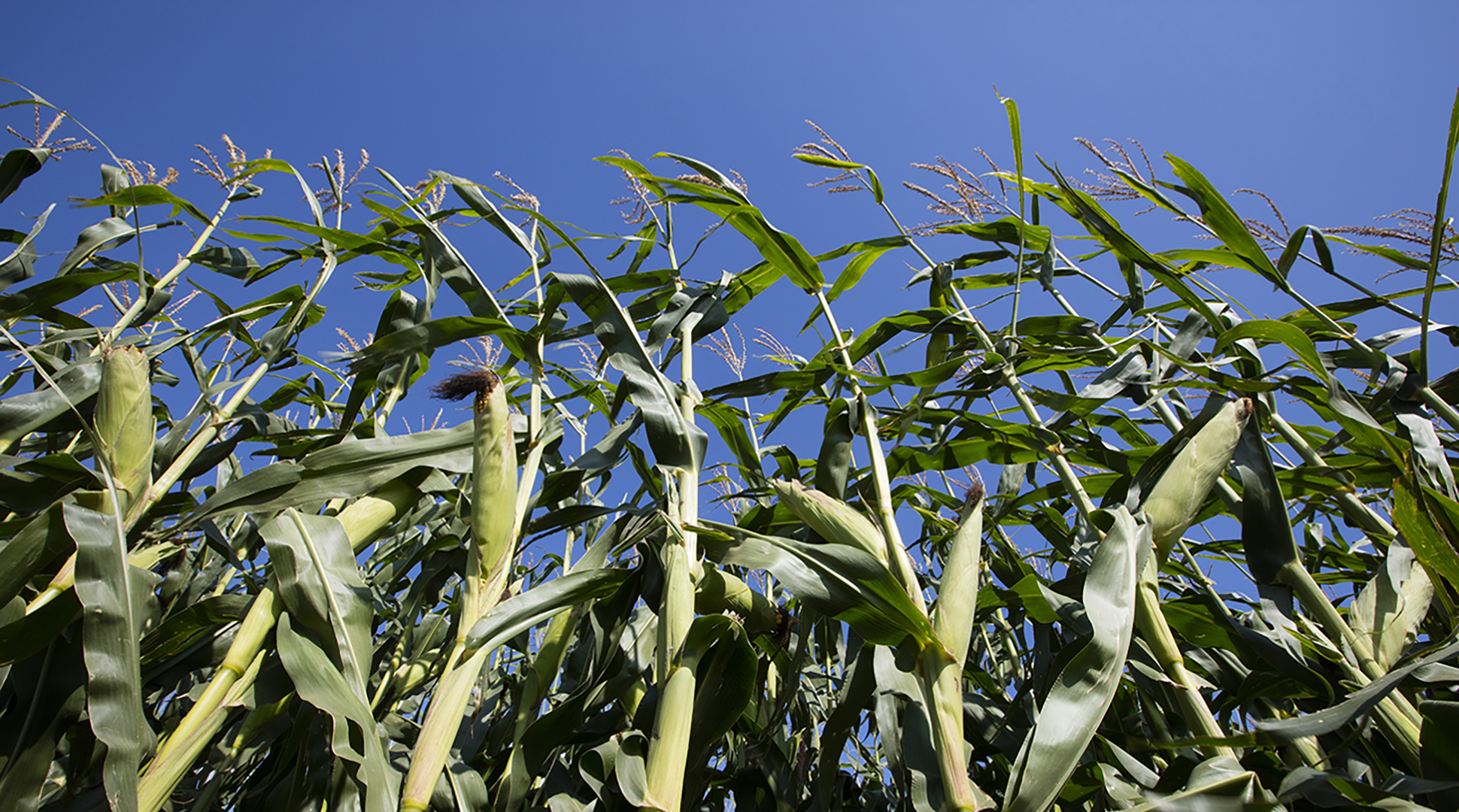A lot of people think genetically modified crops use more pesticides. In fact, the opposite it true.
According to GMO Answers, pesticide use has decreased because many farmers use insect-resistant genetically modified crops. Over the last 20 years, GMOs have reduced pesticide spraying by 8.1 percent. The impact on our environment? Pesticide use on biotech crops has decreased by more than 18 percent.
Let's dive deeper into how GMOs help reduce pesticide use. (Warning: Short science lesson ahead!)
Several GM crops have been developed specifically for insect resistance or herbicide tolerance. Insect resistant Bt (bacillus thuringiensis) crops are genetically engineered to produce a protein that kills only certain insects – like the European Corn Borer – when they attack the plant. These proteins only affect specific receptors in the gut of those pests and are harmless to humans, mammals and most non-target insects.
Did you know that Bt has been used in organic farming for nearly 100 years as a pesticide spray? So the same Bt pesticide you may use in your home garden and is used on organic crops is what helps insect-resistant GM crops fight pests.
Technology advances like this let farmers use pesticides in a more targeted way to get rid of the insects that would otherwise damage their crops.
Learn more about this topic at GMO Answers
Read through answers from experts on the GMO Answers Your Questions About Genetic Engineering page.
